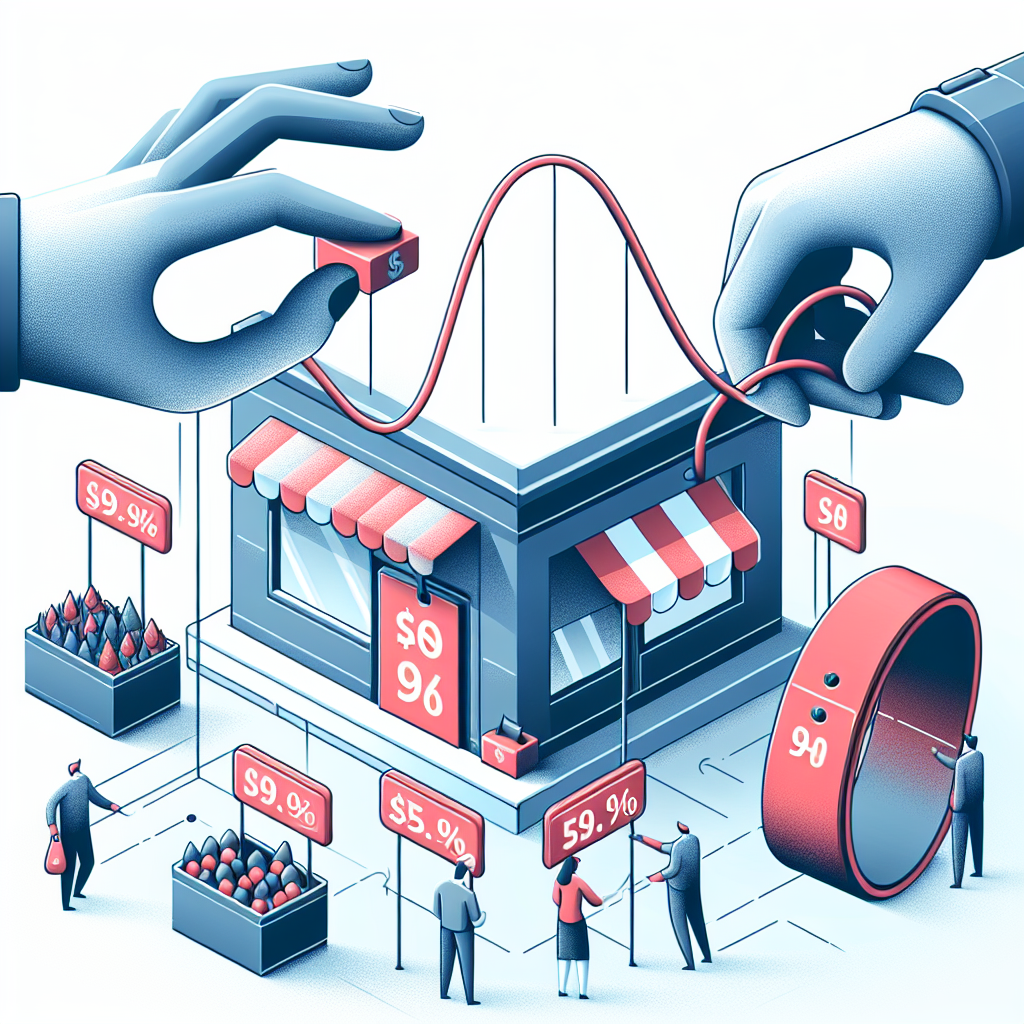The Impact of Social Proof on Buying Behavior in Marketing
Social proof is a powerful psychological phenomenon that significantly influences consumer behavior by leveraging the actions and opinions of others to build trust and credibility. In marketing, social proof plays a crucial role in shaping buying decisions, enhancing customer confidence, and driving conversions. This article delves into the principles of social proof, its evolution in the digital era, and how AI, e-commerce, and changing consumer behaviors have redefined its impact on buying behavior.
Introduction
In today's digital landscape, consumers face a multitude of choices and often rely on cues from others to guide their purchasing decisions. Social proof addresses this need by providing validation through customer reviews, influencer endorsements, and user-generated content, among other forms. By understanding and leveraging social proof, businesses can create more effective marketing strategies that resonate with their audience and drive growth.
Foundational Concepts of Social Proof
Social proof involves the use of social influence to build trust and credibility. Key concepts include:
- Customer Reviews and Ratings: Positive reviews increase trust and conversion rates, while negative reviews can deter potential buyers.
- Influencer Endorsements: Influencers can significantly impact purchasing decisions by sharing their positive experiences with products or services.
- User-Generated Content (UGC): UGC provides authentic validation, as consumers trust real users more than polished marketing campaigns.
- Sales Data and Popularity: Statements like “Bestseller” or “X items sold” create a sense of urgency and popularity, influencing purchasing decisions.
Trends in Social Proof
- Digital Word-of-Mouth: Social media platforms amplify social proof by allowing users to share experiences and opinions widely, influencing others' purchasing decisions.
- AI-Driven Social Proof: AI enhances social proof by analyzing customer data to predict preferences and provide personalized recommendations.
- Real-Time Feedback: E-commerce platforms provide immediate feedback through reviews and ratings, enabling businesses to adjust strategies promptly.
Evolution of Social Proof in the Digital Era
- Democratization of Information: Social media and online review platforms have democratized access to user-generated content, allowing consumers to make informed decisions based on peer feedback rather than relying solely on expert endorsements or word-of-mouth.
- Increased Reliance on Digital Reviews: Consumers increasingly rely on online reviews and ratings to validate purchasing decisions. According to recent studies, nearly 70% of consumers consider product reviews before making a purchase, and these reviews are 12 times more trusted than product descriptions from manufacturers.
- Influencer Marketing: Social media influencers have become key figures in social proof, as their endorsements can significantly influence purchasing decisions. Brands partner with influencers to reach wider audiences and build credibility through their followers' trust.
- Real-Time Feedback and Engagement: The digital era allows for real-time feedback through social media likes, shares, and comments. This immediate engagement helps businesses adjust their strategies promptly and build a sense of community around their brand.
Current Impact of Social Proof on Marketing
- Trust and Credibility: Social proof is essential for building trust and credibility in the digital marketplace. It helps establish a brand's reputation and differentiates it from competitor.
- Conversion Rates: Studies show that businesses with strong social proof strategies experience significant increases in conversion rates. For instance, Deloitte research indicates a 71% increase in conversions for companies leveraging social proof effective.
- Mitigating Uncertainty: Social proof reduces uncertainty for consumers by providing evidence of an app or product's quality and popularity. This is particularly important in crowded digital markets where users face numerous options.
- Strategic Implementation: Effective social proof strategies involve showcasing customer testimonials, user reviews, and social media engagement. Authenticity and relevance are crucial; businesses must ensure that their social proof is genuine and aligned with their brand values.
Challenges and Opportunities
- Authenticity and Transparency: The digital era has made it easier for consumers to spot insincere endorsements or fabricated reviews, which can harm brand credibility. Ensuring authenticity and transparency in social proof strategies is essential.
- Adaptation to Consumer Behavior Shifts: Changes in consumer behavior require businesses to adapt their social proof strategies to align with evolving customer values and preferences, such as increased demand for sustainability and ethical practices.
Role of AI in Social Proof
AI enhances social proof by:
- Predictive Analytics: AI algorithms predict customer behavior based on social data, allowing for proactive marketing strategies.
- Personalization: AI-driven systems personalize recommendations based on social interactions and preferences.
- Real-Time Data Analysis: AI enables real-time analysis of customer feedback, facilitating immediate adjustments to marketing campaigns.
Consumer Behavior Shifts
Changes in consumer behavior, such as increased reliance on digital word-of-mouth and social media endorsements, require businesses to adapt their social proof strategies to align with evolving customer values.
Case Studies and Real-World Examples
- Amazon’s Customer Reviews: Amazon leverages customer reviews to build trust and enhance purchasing decisions, with products featuring reviews being more likely to be purchased.
- Influencer Marketing on Instagram: Brands partner with influencers on Instagram to promote products, leveraging their followers' trust in these figures to drive sales.
- Apple’s User-Generated Content Campaigns: Apple encourages users to share photos taken with their iPhones, showcasing real-world applications and building brand loyalty.
Challenges and Considerations
- Authenticity and Transparency: The use of social proof raises concerns regarding authenticity and transparency. Businesses must ensure that their strategies are genuine and compliant with data regulations.
- Consumer Behavior Shifts: Changes in consumer behavior require businesses to adapt their social proof strategies to align with evolving customer values and preferences.
Conclusion
Social proof is a transformative force in marketing, influencing buying behavior by building trust, enhancing credibility, and driving conversions. As technology continues to evolve, AI and e-commerce will play increasingly important roles in refining social proof strategies. By leveraging these advancements, businesses can develop targeted marketing campaigns that resonate with their audience, drive engagement, and foster long-term loyalty. The future of social proof will be characterized by increased focus on authenticity, real-time responsiveness, and ethical data practices, ensuring that marketing efforts remain both effective and responsible.
Featured Blogs
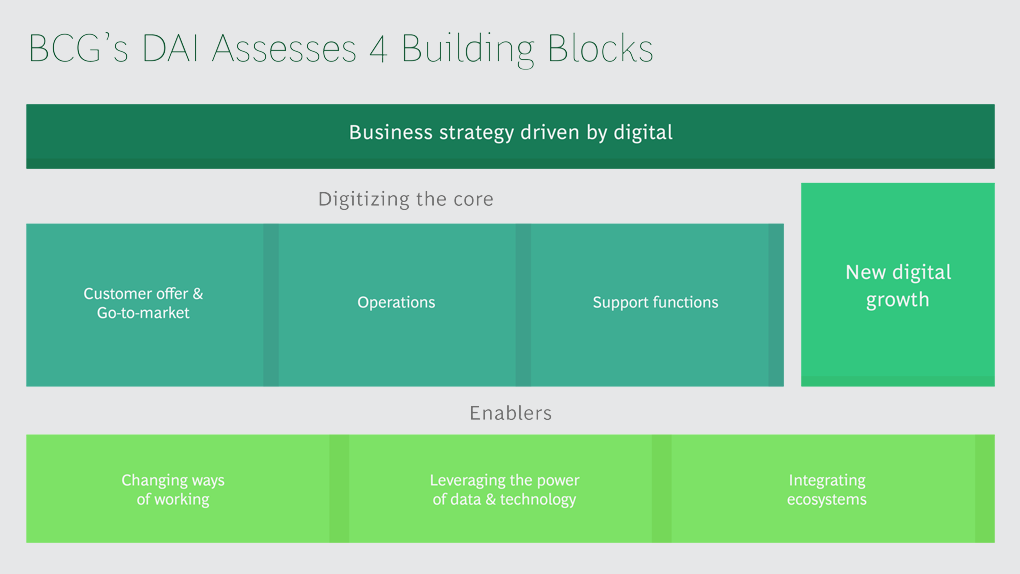
BCG Digital Acceleration Index
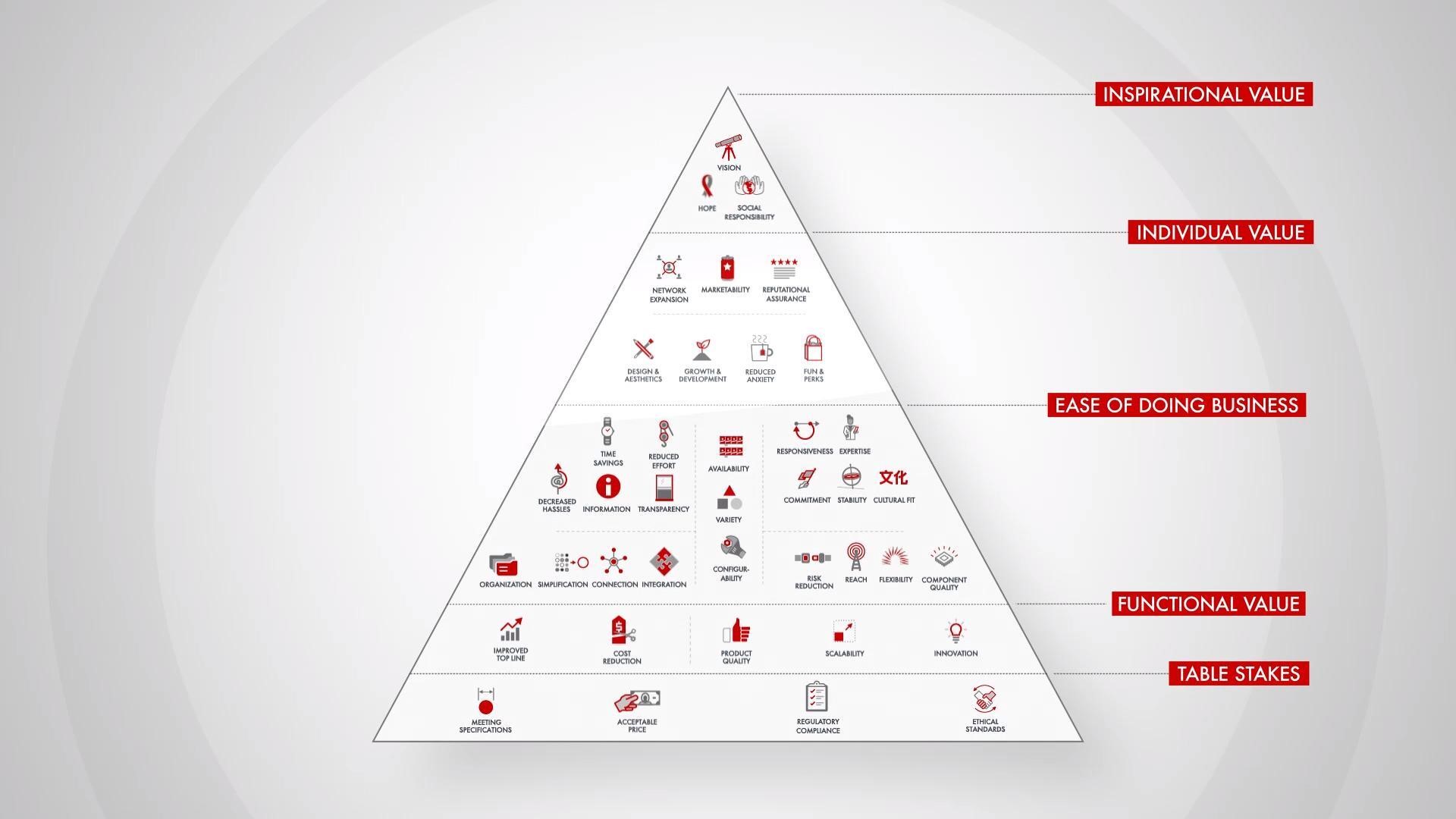
Bain’s Elements of Value Framework

McKinsey Growth Pyramid
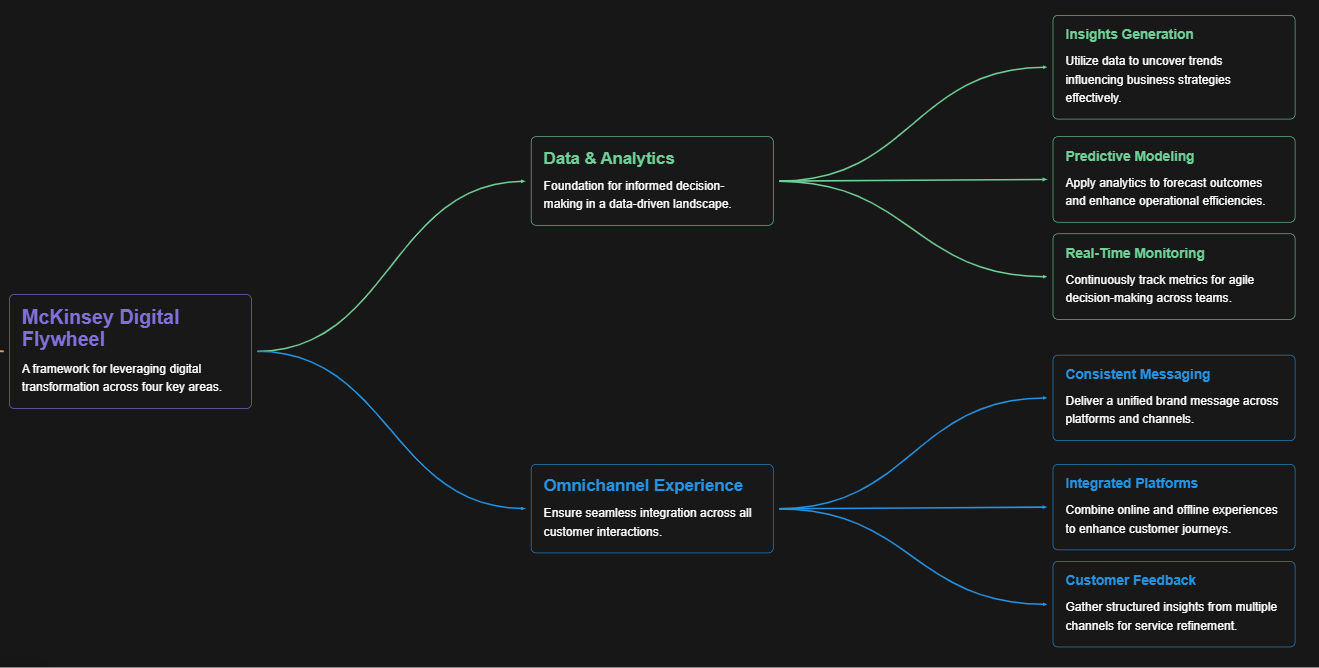
McKinsey Digital Flywheel

McKinsey 9-Box Talent Matrix

McKinsey 7S Framework
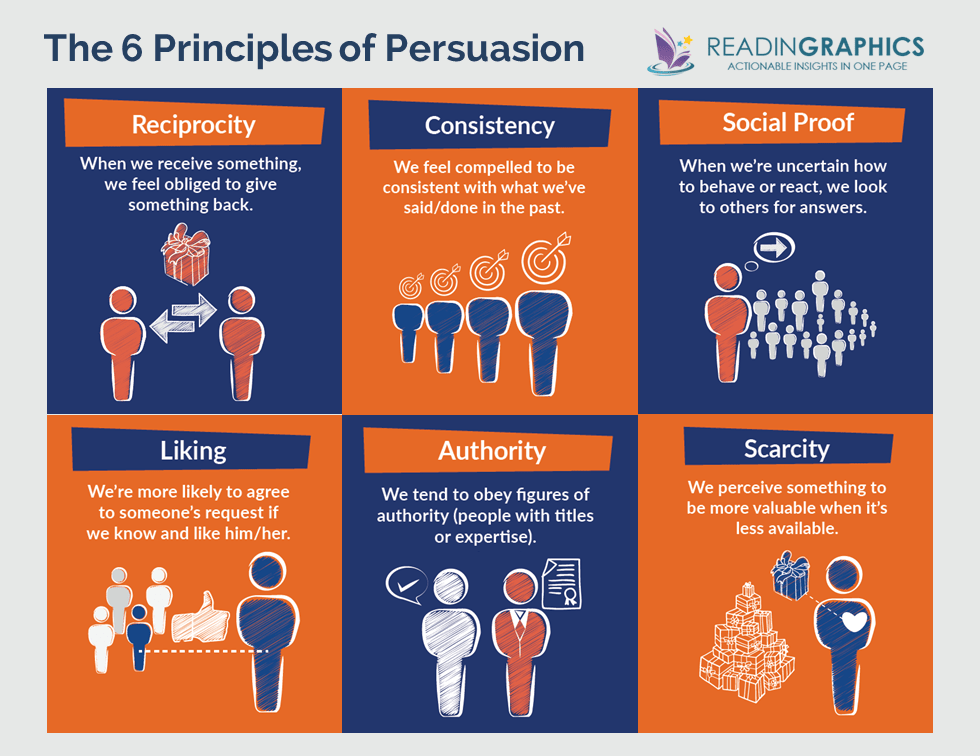
The Psychology of Persuasion in Marketing

The Influence of Colors on Branding and Marketing Psychology



